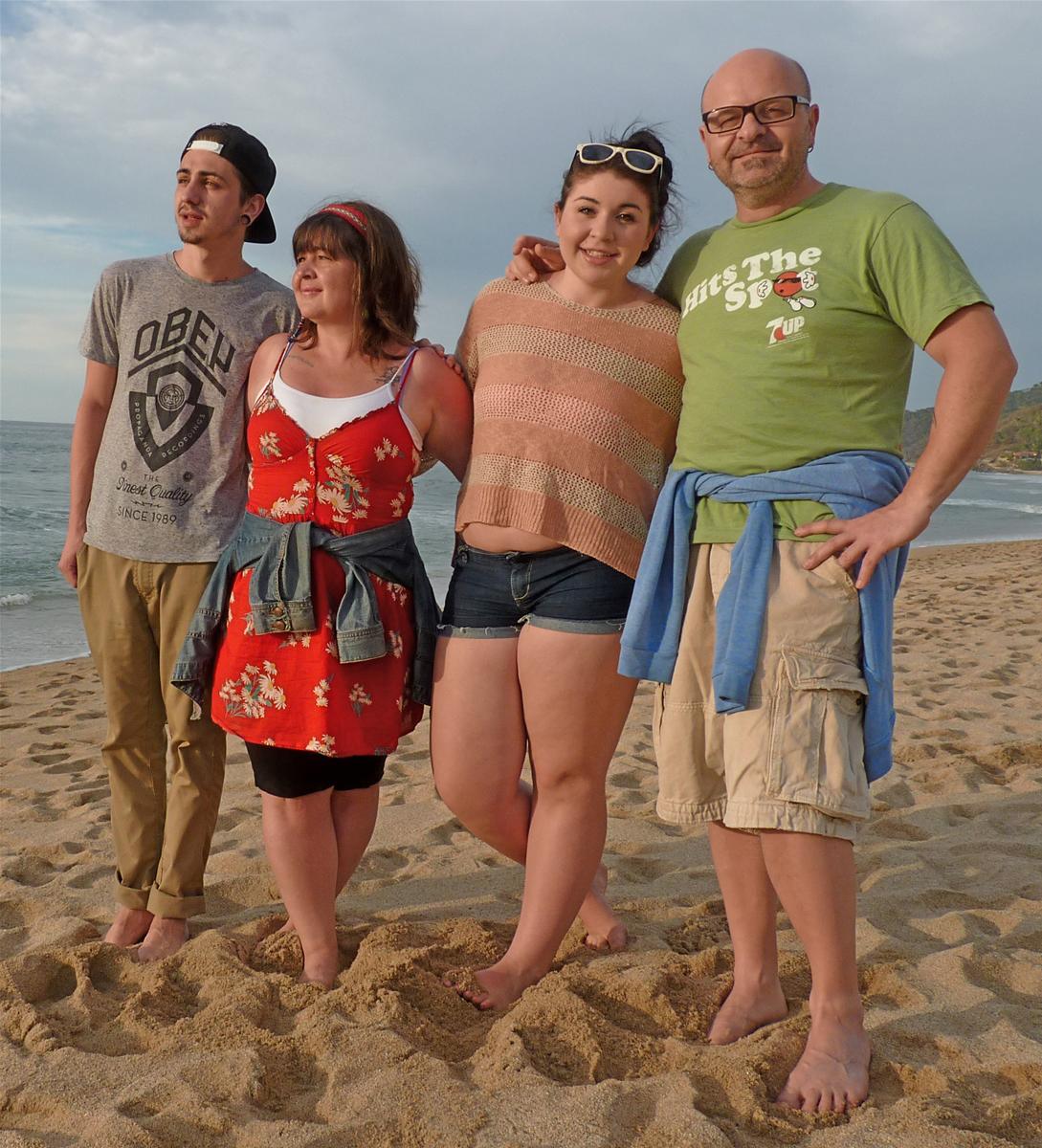A Heart for Reconciliation

The heart of Kelly Dvorak beats with compassion. That heartbeat has not only impacted her work, but her family life as well.
The Briercrest alumnus has worked in the inner city of Winnipeg since 1999. Several years into her work, she began to struggle with the separation of working in the inner city and living elsewhere.
“I remember starting to get involved in the inner city and thinking, ‘How is it right or fair that I drive away to somewhere “more comfortable” every day? If this place matters to me as much as I say it does, why should I live somewhere else?’”
In 2009, the Briercrest seminary graduate and her family moved to Flatlanders’ Inn, an intentional Christian community in Winnipeg’s North End that provides ‘transitional housing for people who are at risk of homelessness.’
“We came . . . wanting to learn and serve and be here for a year, and we still haven’t left,” Dvorak said.
Dvorak is a family therapist at Pregnancy and Family Support Services, an organization in Winnipeg’s inner city which provides many services to the community including no-charge counselling.
“About a third of the clients that I see are sort of involved with other aspects of our agency,” she explained. “Maybe they’ve taken a parenting class here or maybe they have kids that are involved with our licensed daycare. But about two-thirds of the people just find out that the agency has free counselling and then come. At times the majority of my clients have First Nations backgrounds. Working with people from the Aboriginal communities is definitely an important cornerstone of the work of our whole agency – not just the counselling.”
One of the things Dvorak says she gained from her studies at Briercrest is a focus on reconciliation. Seminary professor David Guretzki’s course ‘Life in the Mess’ was especially helpful.
“I feel like taking that class really helped me figure out my own thoughts and figure out why (reconciliation) was so important to me and why I had always understood the gospel as a gospel of reconciliation,” she explained.
The seminary graduate found the focus on reconciliation especially helpful for her final project which focused on the topic of decolonization.
“I wanted to study reconciliation, and I wanted to include First Nations people and the non-First Nations people,” she said. “It’s a topic that I focused on a lot in my studies overall.”
Dvorak is also grateful for the narrative therapy counselling approach that she was taught while at Briercrest. This approach believes that a person’s identity is formed by their experiences or narratives.
“Narrative therapy is ideal, not only as an expression of my Christian faith, but as a really important way of working with people who have been marginalized and addressing the fact that oppression is real in people’s lives, and that oppression does something to the human soul,” she explained. “A narrative approach can really be transformational.”
The Winnipeg counsellor says she feels very hopeful in her work with First Nations people.
“I see that reconciliation is not only possible – it’s happening,” she exclaimed. “People are engaging more and more; awareness is growing. There are amazing, strong resilient people who come from really amazing histories and traditions and nations who are being validated more than in the past. It’s a really significant time in our nation’s history. There is tremendous opportunity for followers of Christ to participate in God’s reconciling agenda, to grow in awareness and to engage in the process of change that is happening in our country.”
